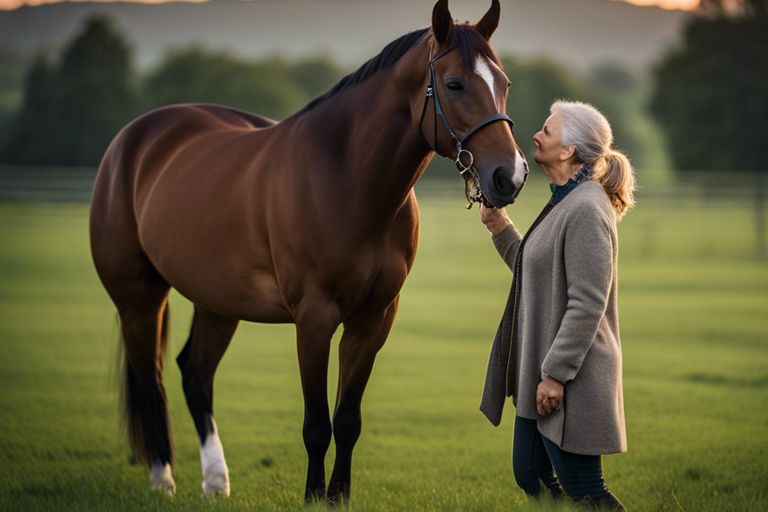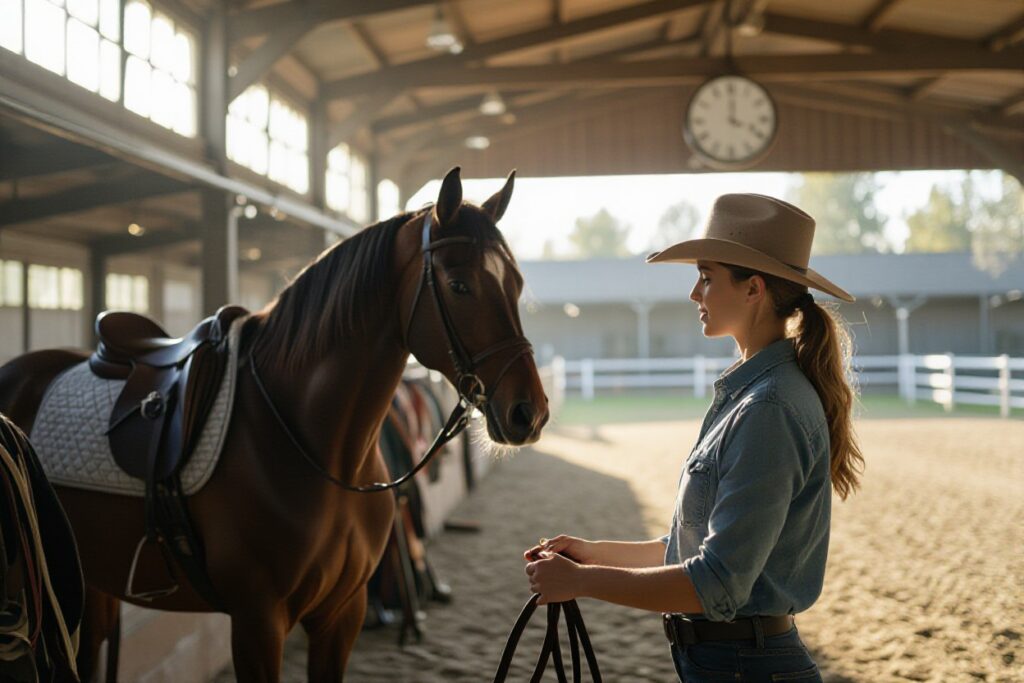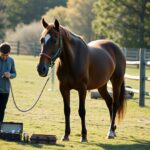Overwhelmed by the idea of bringing a retired racehorse into your life? Consider crucial factors before making this life-changing decision. Your commitment, time, and understanding of the horse’s needs are crucial. From transition planning to training requirements, prepare yourself for challenges and the rewarding journey ahead. By carefully evaluating your resources and dedicating yourself to the retired equine athlete, you can provide a loving home and a fulfilling retirement for a noble animal.
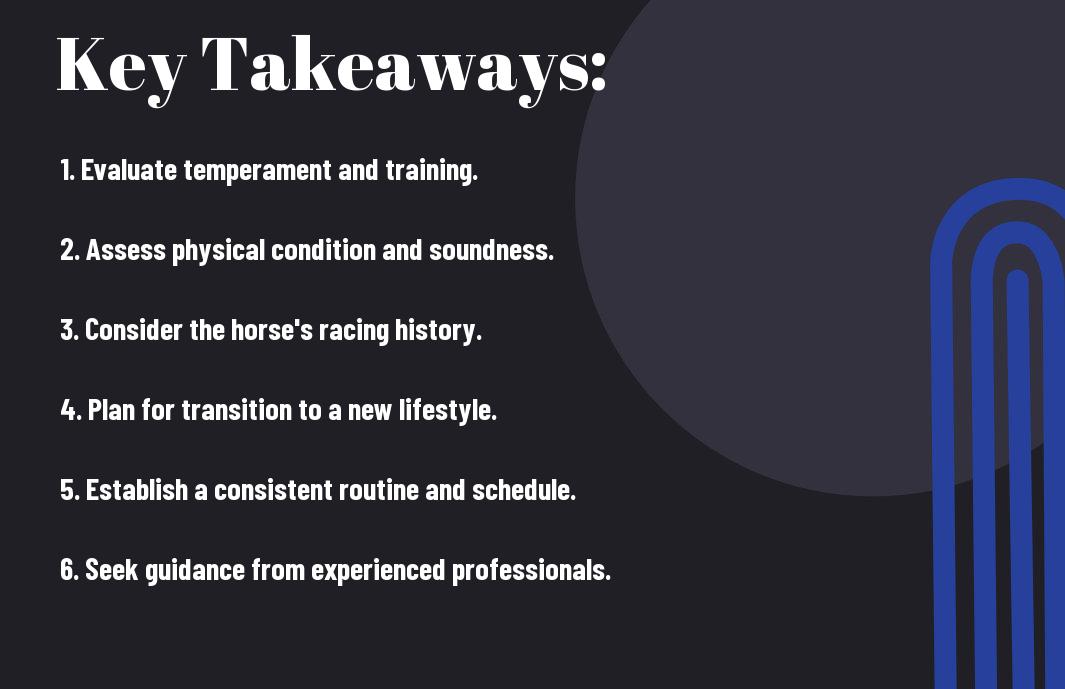
The Decision to Adopt
While deciding to adopt a retired racehorse is a noble and rewarding endeavor, it is crucial to consider various factors before making the commitment. This chapter will guide you through the imperative considerations to ponder upon before bringing a retired racehorse into your life.
Weighing the Pros and Cons
| Pros | Cons |
| 1. Providing a loving home to a deserving animal. | 1. Financial responsibilities for care and maintenance. |
| 2. Building a bond with a grateful and loyal companion. | 2. Time commitment for training and care. |
| 3. Possible tax deductions for adopting a horse. | 3. Physical risks associated with handling a horse. |
| 4. Learning and growing through the experience of horse ownership. | 4. Emotional challenges related to the horse’s past traumas. |
Considering Your Lifestyle and Experience
To ensure a successful adoption and integration of a retired racehorse into your life, you need to carefully evaluate your lifestyle and experience with horses. Consider your daily routine, living situation, and available time to devote to caring for and riding the horse. If you are a novice rider or new to horse ownership, it is important to seek guidance from experienced equestrians or trainers.
Lifestyle: Assess whether you can accommodate the physical and emotional needs of a retired racehorse. The transition from a racing career to a leisurely lifestyle requires patience and understanding. Make sure you can provide a safe and suitable environment for the horse to thrive and adjust to its new life with you.
The Horse’s History
Researching the Horse’s Racing Career
Racing is a crucial aspect of a retired racehorse’s history that you should thoroughly investigate. You can start by finding out about the horse’s racing career – how many races it participated in, its performance record, and if it had any notable achievements. Understanding the horse’s racing background can give you insight into its training, capabilities, and potential challenges it may face in a new environment.
Identifying Potential Health Issues
An important part of understanding a retired racehorse’s history is identifying potential health issues that may arise due to its racing career. Racehorses are often subjected to intense training, racing, and sometimes injuries during their competitive years. It is crucial to assess the horse’s physical condition, any past injuries, and overall well-being before bringing it into your care. Regular veterinary check-ups and consultations can help in managing and addressing any health concerns effectively.
Issues such as joint problems, respiratory issues, or gastric ulcers are common in retired racehorses. It’s necessary to work closely with your veterinarian to create a tailored health management plan that addresses these concerns and ensures your horse’s well-being.
Understanding the Horse’s Temperament
For a successful transition, understanding the horse’s temperament is vital. Retired racehorses have been conditioned and trained for a specific purpose, so their behavior and reactions may differ from other horses. Some retired racehorses may exhibit high energy levels, while others may be more laid back. Being aware of these tendencies can help you tailor your training and care routines to suit the horse’s individual needs, ensuring a harmonious partnership.
History of a horse, as observed through its racing career, health issues, and temperament, plays a significant role in shaping its future. By delving deep into these aspects, you can offer your retired racehorse the best care and understanding it needs to thrive in its new life beyond the racetrack.
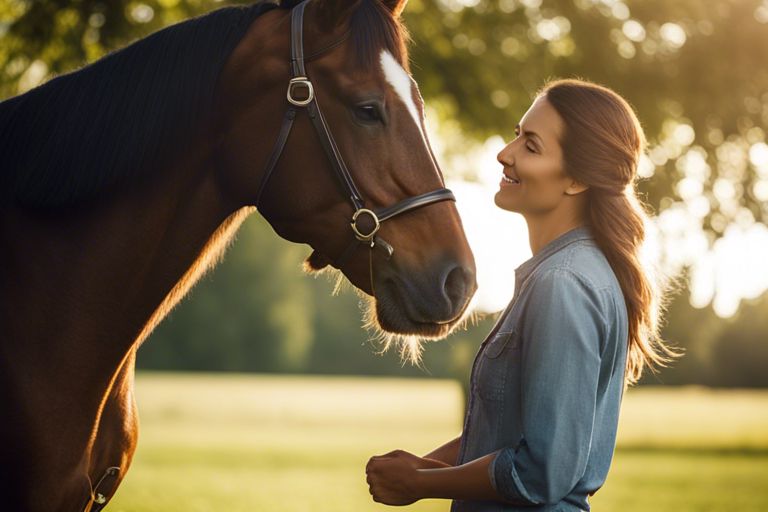
Assessing Your Resources
Financial Considerations
Your financial resources are one of the key factors to consider when adopting a retired racehorse. Retired racehorses may require special care and attention due to their past careers, which can result in additional expenses. Make sure you have a budget in place for their upkeep, including feed, veterinary care, farrier services, and any unexpected medical costs that may arise.
Availability of Space and Facilities
With regards to space and facilities, assess whether you have the appropriate environment for a retired racehorse. These horses are used to a certain lifestyle and may need access to large pastures or paddocks for grazing and exercise. Additionally, you will need facilities for grooming, feeding, and shelter.
Space for turnout and exercise is crucial for the well-being of your retired racehorse. Make sure you have adequate space to allow them to move freely and engage in natural behaviors. Consider the availability of shelter from the elements as well.
Access to Veterinary Care
The health and well-being of your retired racehorse rely heavily on access to quality veterinary care. Regular check-ups, vaccinations, dental care, and emergency services are all necessary for maintaining your horse’s health. Make sure you have a veterinary clinic nearby that specializes in equine care.
The Adoption Process
Many aspects need to be considered when adopting a retired racehorse. The adoption process typically starts with working with reputable organizations that specialize in rehoming these horses.
Working with Reputable Organizations
When considering adopting a retired racehorse, it is crucial to work with reputable organizations that have experience in transitioning these animals from the racetrack to a new career or retirement. These organizations often have thorough evaluation processes in place to ensure that the horses are healthy, sound, and suitable for adoption.
Meeting the Horse and Initial Assessment
Meeting the horse in person is an imperative step in the adoption process. To understand the horse’s temperament, behavior, and overall condition, you should spend time with the horse under the guidance of professionals. Initial assessments may include evaluating the horse’s movement, training level, and any potential health issues.
It is important to note that some retired racehorses may require additional training or rehabilitation before being ready for adoption. Working closely with the organization’s staff can help you determine whether the horse is the right fit for your experience level and intended use.
The Adoption Application and Approval
Submitting an adoption application is typically the next step once you have found a horse that you are interested in. The adoption process often involves filling out forms, providing references, and possibly undergoing interviews with the organization’s adoption committee.
Initial approval is followed by a home visit to ensure that you can provide a suitable environment for the retired racehorse. Organizations prioritize the well-being of the horses and want to ensure that they are going to a safe and caring home.
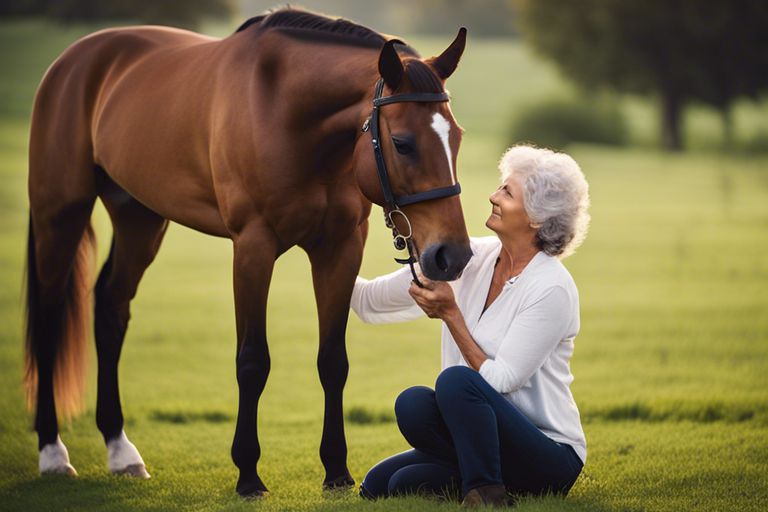
Preparing for Your New Companion
Once again, congratulations on your decision to adopt a retired racehorse! As you prepare to welcome your new companion into your life, there are a few important considerations to keep in mind to ensure a smooth transition for both of you.
Setting Up a Safe and Comfortable Environment
For your retired racehorse, it’s crucial to create a safe and comfortable environment where they can unwind and adjust to their new life. Ensure that their living space is secure, with sturdy fencing and ample shelter from the elements. Providing soft bedding and access to clean water at all times will also contribute to their well-being and contentment.
Planning for Nutrition and Exercise
Nutrition: It’s important to have a well-thought-out plan for your retired racehorse’s nutrition and exercise regimen. Consult with a knowledgeable equine nutritionist to develop a balanced diet that meets your horse’s specific needs. Proper nutrition is key to maintaining their health and vitality as they transition into their retirement.
Scheduling Veterinary Check-Ups
Comfortable Check-Ups: Regular veterinary check-ups are crucial for the overall health and well-being of your retired racehorse. It’s important to schedule routine visits with a trusted equine veterinarian to monitor your horse’s health, address any concerns, and stay ahead of any potential issues. These check-ups will help ensure that your new companion remains happy and healthy for years to come.
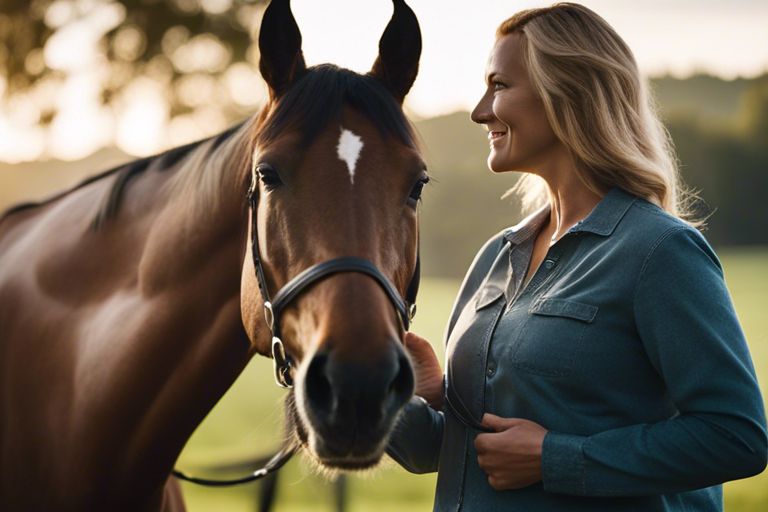
Post-Adoption Care and Considerations
Acclimating the Horse to Its New Home
For a retired racehorse adjusting to a new environment can be overwhelming. **With** patience and understanding, you can help the horse feel at ease in its new home. Start by giving the horse time to settle in its surroundings, establish a routine, and provide a calm and consistent environment. Spending time bonding with the horse through grooming and hand-grazing can also help build trust and familiarity.
Managing Any Health Issues or Injuries
**Considerations** for managing health issues or injuries in a retired racehorse are crucial to ensure its well-being. Retired racehorses may have pre-existing conditions from their racing career that need ongoing monitoring and treatment. Regular veterinary check-ups, proper nutrition, and appropriate exercise routines tailored to the horse’s health status are imperative. Consult with your veterinarian to create a comprehensive health plan for your retired racehorse.
Issues: It’s important to be aware of any medical concerns that may arise with a retired racehorse. Common issues can include joint problems, muscle stiffness, or ulcers due to the stress of their previous athletic life. Regular veterinary care and careful observation can help address these issues promptly.
Providing Mental and Emotional Support
**To** support the mental and emotional well-being of your retired racehorse, create a nurturing and positive environment. Establish a bond built on trust and respect through consistent handling, training, and positive reinforcement. Consider incorporating enrichment activities such as turnout in a safe paddock, interaction with other horses, or mental stimulation exercises to keep your horse engaged and happy.
Injuries: Retired racehorses may carry emotional baggage from their past careers, such as anxiety or stress-related behaviors. Offering patience, understanding, and gentle training methods can help your horse overcome any psychological challenges and build a strong bond based on trust and companionship.
Final Words
Now that you have learned about what to consider when adopting a retired racehorse, you are equipped with the knowledge to make an informed decision. Remember to take into account the horse’s background, temperament, and any special care requirements they may have. By taking the time to research and understand the needs of a retired racehorse, you can ensure a smooth transition and a fulfilling partnership between you and your new equine companion.
Q: What is a retired racehorse?
A: A retired racehorse is a horse that has finished its career in racing and is no longer competing in races.
Q: What factors should I consider before adopting a retired racehorse?
A: Before adopting a retired racehorse, consider the horse’s age, health, temperament, training level, and any potential injuries or limitations from its racing career.
Q: What are the benefits of adopting a retired racehorse?
A: Adopting a retired racehorse can provide a second career and loving home for a horse that has served in the racing industry. These horses often have valuable training and can excel in various disciplines such as dressage, jumping, or trail riding.
Q: How can I ensure the well-being of a retired racehorse after adoption?
A: To ensure the well-being of a retired racehorse after adoption, provide proper nutrition, veterinary care, regular exercise, and mental stimulation. Building a trusting relationship with the horse through consistent training and handling is also important.
Q: Where can I find retired racehorses available for adoption?
A: Retired racehorses are often available for adoption through equine rescue organizations, adoption agencies, and retired racehorse programs. These organizations work to match horses with suitable adopters and provide support throughout the adoption process.
